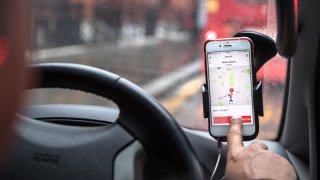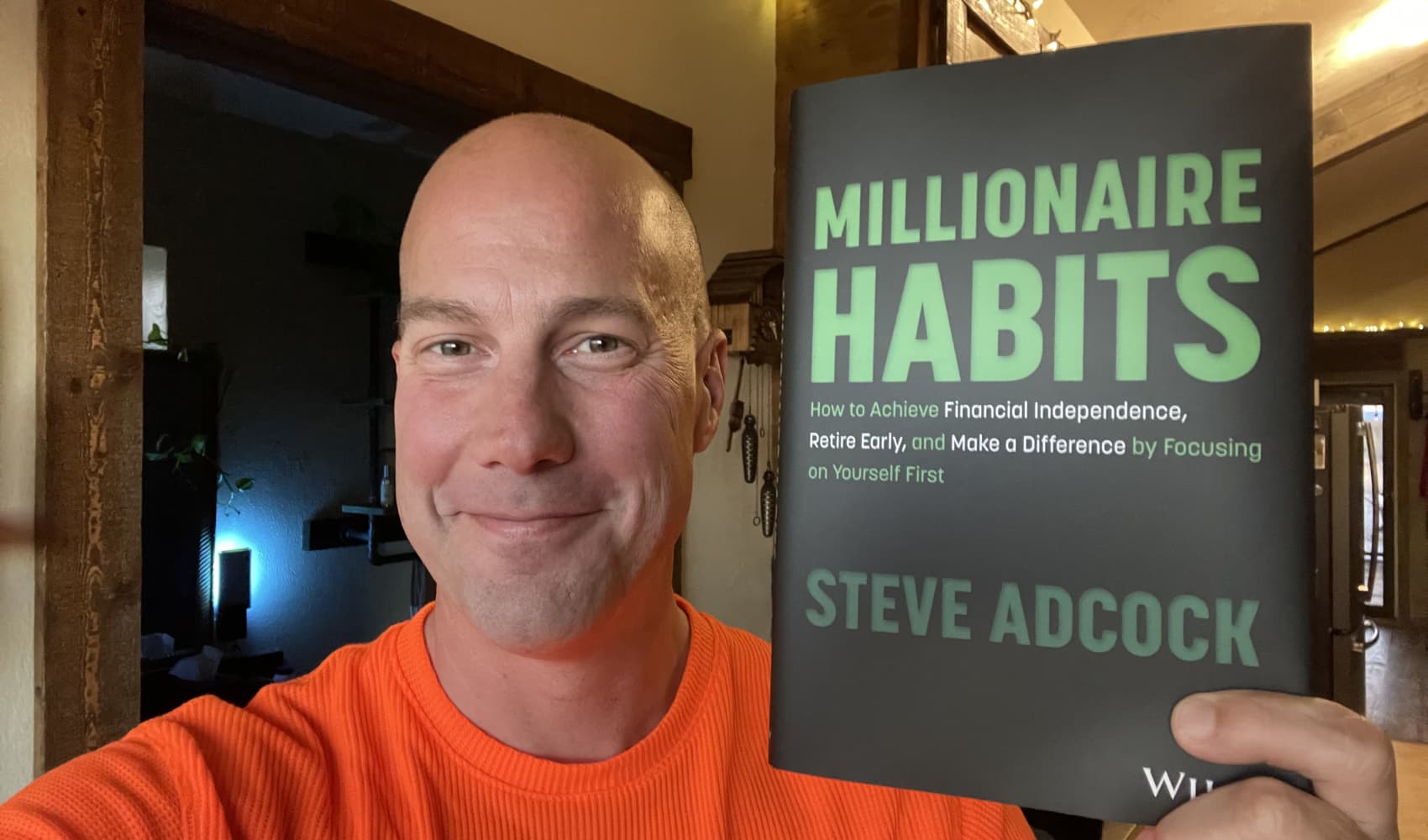
- British drivers have been panic buying gasoline in recent days, leading to lengthy lines and gas station closures.
- Despite the chaos, Uber told CNBC that "there has been no direct impact on the service" as a result of the fuel issues.
- Uber driver Nader Awad said that it's been "challenging," adding that he has been wasting time looking for a gas station to fill up at, and then sit in a long line. "Given we are self-employed, when you waste time trying to get diesel or petrol, you're losing money," he said.
Uber has said the surge in demand for fuel across the U.K. that has left many gas stations empty is not affecting its business, while some drivers say the burden is being passed onto them.
British drivers have been panic buying gasoline in recent days, leading to lengthy lines and gas station closures. It is estimated that the U.K. currently has a shortage of around 100,000 truck drivers, which has disrupted deliveries and constrained the supply of goods and fuel. The U.K. government is now planning to use military personnel to deliver fuel.
Despite the chaos, Uber told CNBC that "there has been no direct impact on the service" as a result of the fuel issues.
Get San Diego local news, weather forecasts, sports and lifestyle stories to your inbox. Sign up for NBC San Diego newsletters.
"We are monitoring the situation closely and continue to speak with drivers who hope it is resolved quickly," a spokesperson for the company said.
Uber driver Nader Awad told CNBC Thursday that it's been "challenging," adding that he has been wasting time looking for a gas station to fill up at, and then sit in a long line. "Given we are self-employed, when you waste time trying to get diesel or petrol, you're losing money," he said.
If Uber drivers can't fill up their cars with gas, then they can't work on the platform.
Money Report
Awad said he joined a line at a gas station on Wednesday but it took him 45 minutes to reach the pump. And once he got there he was only allowed to put £30 ($40) worth of diesel into his nine-seater Mercedes, which goes through about £250 worth of diesel in a week.
No support
Awad, a former British Gas manager who lives in Walthamstow in east London, said Uber had not offered him any support. He said this was also the case for ride-hailing companies Bolt and Ola.
The companies were not immediately available to respond when CNBC asked about driver support and how the U.K. fuel issues were affecting their businesses.
Another Uber driver, Akram Kader, told CNBC Thursday that most of the pumps are closed and that drivers must wait 30-45 minutes to access those that are still operating.
"As a driver, we have to make sure we are available to do the job," said Kader, who lives in Fulham in west London. "They [Uber] won't feel the pain."
He added: "If my tank is empty, if I get a long trip, I have to refuse that job. I have no choice."
Fuel isn't the only issue
Prior to the fuel shortage, ride-hailing apps were struggling to meet demand in the U.K. Multiple customers told CNBC that the apps failed to connect them to a driver in recent weeks, resulting in them being late for meetings or stranded at the end of a night out.
Others said that they've encountered extortionate costs as a result of "surge pricing," which kicks in when the apps are particularly busy. The problems tend to occur late in the evening or at the weekend, according to customers.
The issue boils down to supply and demand. In other words, there aren't enough drivers to accept all the journeys being requested. And it has sent prices rising.
Markus Villig, co-founder and CEO of mobility app Bolt, told CNBC's "Squawk Box Europe" last week that prices for customers are "higher than ever."
Uber is having the same problem. It told CNBC that demand has increased in the U.K. while Uber's U.K. business returned to pre-pandemic levels in May and that many cities now have demand beyond the pre-pandemic levels. Demand is 22% higher in Birmingham, 30% higher in Sheffield and over 40% higher in Nottingham than before March 2020.
— Additional reporting by CNBC's Chloe Taylor.






